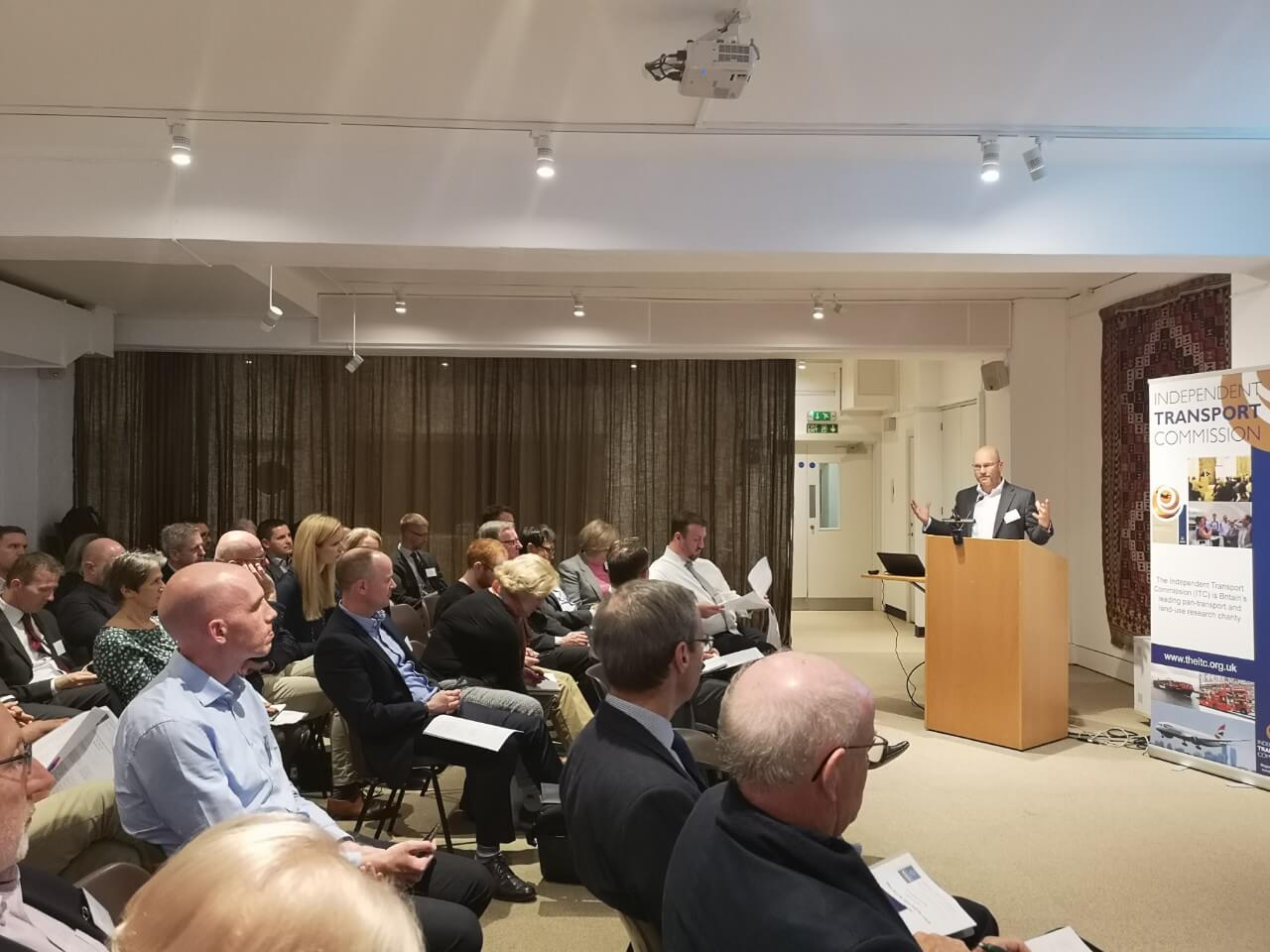The Independent Transport Commission held its Spring Discussion Evening on 30 April, considering what the future holds for coach travel in Britain. James Day reports
The ‘rather neglected topic’ of coaches was the subject of the Independent Transport Commission (ITC) Spring Discussion Evening. The independent research charity aims to improve transport and land use policy.

The event was chaired by ITC Commissioner Kris Beuret OBE. Kris was also one of presenters of the BBC4 programme ‘The Golden Age of Coach Travel.’
Opening the event, she noted: “When I first became Commissioner of the ITC, we had the then Secretary of State come along to see what we do.
“I said to him ‘what about a national coach strategy,’ and he said ‘oh, students and pensioners isn’t it? No votes in that.’ I felt that we ought to pick this issue up.”
[…]
By subscribing you will benefit from:
- Operator & Supplier Profiles
- Face-to-Face Interviews
- Lastest News
- Test Drives and Reviews
- Legal Updates
- Route Focus
- Industry Insider Opinions
- Passenger Perspective
- Vehicle Launches
- and much more!


